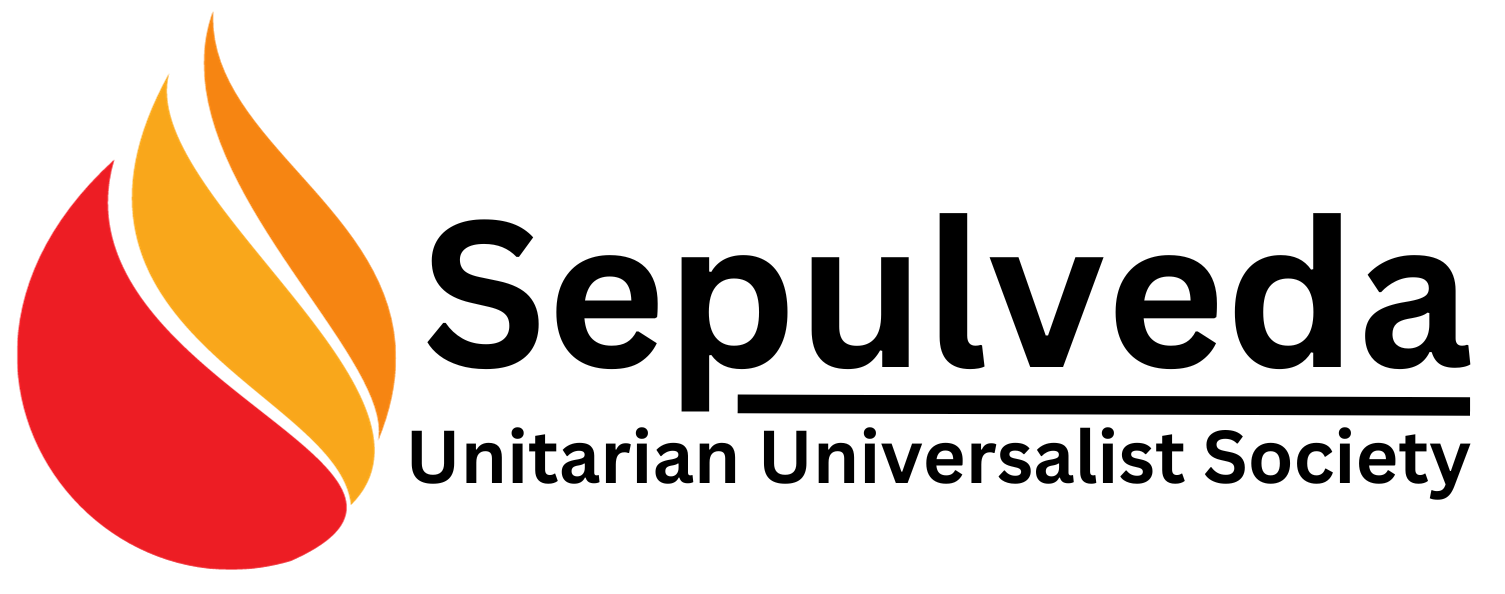Day 15. Why Racial Justice is Central to Wholeness – Connecting Equity to Collective Healing.
Today’s reflection centers on racial justice as an essential part of collective healing. To truly embrace wholeness, we must confront and dismantle systemic racism while actively working toward equity, inclusion, and liberation for all.
The Spiritual Call for Racial Justice
We affirm the interconnectedness of all people, recognizing that justice, equity, and compassion are integral to spiritual growth. Racial injustice fractures this interconnection, perpetuating harm not only to marginalized communities but to society as a whole.
Wholeness requires us to repair these fractures by engaging in the ongoing work of racial justice. This work is not just activism—it’s a spiritual practice that aligns with our values and principles.
Racial Justice as Healing
Racial justice is about more than addressing inequities—it’s about fostering collective healing.
- For Communities of Color: Justice means liberation, safety, and access to opportunities historically denied
- For White Allies: Justice invites accountability, transformation, and participation in building an equitable world
- For All: Justice creates a society where everyone can thrive without fear or oppression
Healing involves truth-telling, reconciliation, and sustained action. This means acknowledging the wounds of racism while committing to structural change and reparations.
How Communities Engage in Racial Justice
Congregations and organizations have long been involved in racial justice efforts, from supporting civil rights movements to advocating for policies addressing systemic racism today. Some examples include:
- Educational Programs: Hosting workshops to explore race and identity
- Community Partnerships: Collaborating with BIPOC-led organizations to address local needs
- Advocacy: Supporting initiatives like voting rights, police reform, and reparations
- Spiritual Practices: Integrating racial justice themes into worship, reflection, and prayer
Resources to Learn and Engage
- Books:
- “So You Want to Talk About Race,” by Ijeoma Oluo, – A guide for conversations about race and privilege
- “The Racial Healing Handbook,” by Dr. Anneliese A. Singh – Practical strategies for addressing racial trauma and fostering healing
- Organization:
- The Movement for Black Lives focuses on advocacy for racial justice and systemic change. Local chapters can be found all across the country.
An Invitation to Reflect
How does racial justice fit into your understanding of spiritual wholeness? What steps can you take—personally and within your community—to contribute to healing and equity?
Today, let us reaffirm our commitment to racial justice, not just as an aspiration but as a practice of love and faith. By centering equity in our lives and communities, we move closer to the wholeness we all seek.
Learn more: Showing Up for Racial Justice (SURJ) provides resources for white allies in racial justice work.
Wholeness is not a fixed state; it is an evolving practice of acceptance, compassion, and justice. Together, let us explore what it means to bring wholeness into our own lives, our congregations, and the broader world.
#UU #UUA #CelebrateDiversity #SURJ #RacialJustice #JusticeAndEquality
Discover more from SepulvedaUU
Subscribe to get the latest posts sent to your email.
